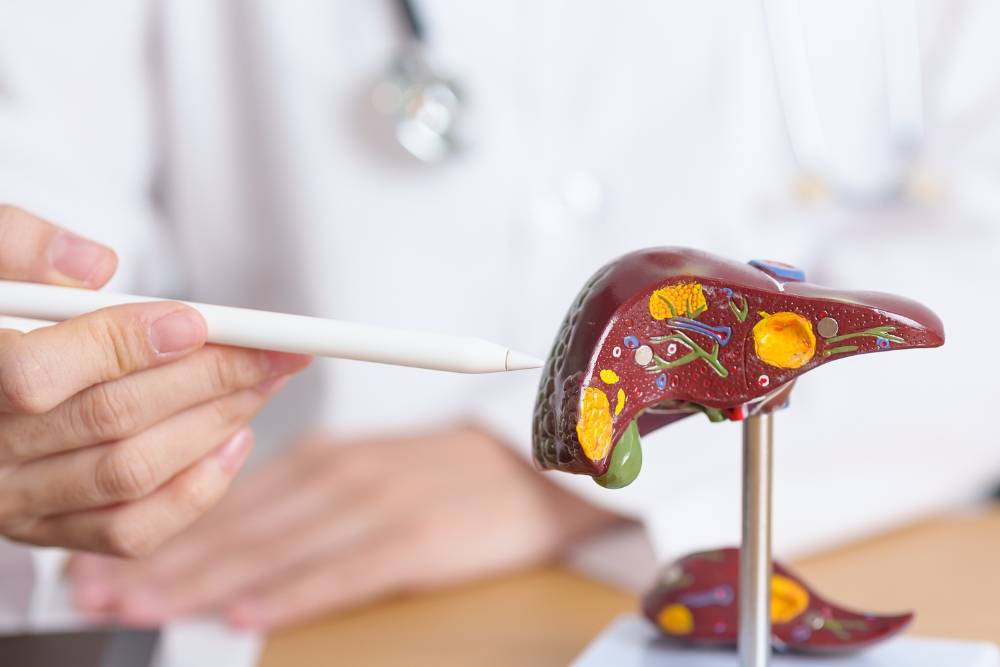This article first appeared in gutCARE Blog.
Hepatitis B is a type of virus that affects the liver. It is commonly transmitted through semen, blood, or any other kind of bodily fluids from an infected individual to a non-infected individual. This can happen through sexual intercourse or at birth from the mother to the baby. While it is common for certain individuals to not experience any symptoms in the early stages, common signs that those infected with hepatitis B include but are not limited to lack of appetite, nausea, fatigue, abdominal pain, and jaundice.
While hepatitis B is preventable by means of vaccination, not everybody might be able to get the vaccination, especially those who might be allergic to certain medicinal content. If you do not have the vaccination and have unfortunately contracted hepatitis B, here are 6 key points you should be aware of to ensure a safer lifestyle.
PSA: Medical Channel Asia (MCA) is now on Telegram! Join us here for daily reads and the latest updates at your fingertips!
1. Ensure regular check-ups every 6 months
Anybody, whether children or adults, that has chronic hepatitis B should go for regular check-ups since they are at higher risk of getting liver cancer, liver failure, or cirrhosis. When you go for these check-ups, your primary care provider will, through physical examination, imaging studies, and blood tests, ensure that you are doing well. The aim of the regular check-up is to keep up-to-date with your health as well as to detect early any potential liver-related issues.
2. Daily intake of antiviral
Your doctor may prescribe certain antiviral medications such as entecavir and tenofovir to help you fight the virus and slow down its effect on your liver. It is critical that you adhere to consuming the medication daily.
3. Request for liver cancer screening
Individuals suffering from chronic hepatitis B are at a higher risk of 25 to 40 per cent of developing liver cancer. Hence, it is crucial to check with your primary healthcare provider on screening for liver cancer.
4. Request for hepatitis D screening
A simple blood test will help you find out if you have hepatitis D. Hepatitis D is a severe form of liver infection that you might be infected with if you suffer from hepatitis B. You can only be infected with it if you are already infected with hepatitis B, as it relies on the hepatitis B virus to grow.
5. Always practise safe sex
While there is an effective vaccine on the market, not everybody is immunised, and hepatitis B is highly transmitted through sexual intercourse. The practice of safe sex, such as wearing condoms, is highly recommended, even if you have received the hepatitis B vaccination. It pays to protect yourself and your partner from any unwanted and unplanned issues such as STDs and pregnancy.
6. Talk to your doctor about the vaccination if pregnant
Hepatitis B can be transmitted from infected mothers to babies during birth. Hence, the babies must receive proper hepatitis B vaccination dosage as well as hepatitis B immune globulin to ensure maximum protection from the virus. The medications are often given to the baby immediately after birth or within 24 hours of delivery. Some mothers also benefit from hepatitis B treatment during the third trimester to enable the prevention of passing the virus from mother to child.
Conclusion
As much as possible, if you have yet to receive the hepatitis B vaccination, do approach any medical centre that offers it and get it. What makes it dangerous is that the symptoms sometimes do not surface until it is too late. Hence, it is always recommended to go for a regular check-up and be educated about everything you need to know about the virus. It will indeed save you from any potential health issues.
This article is posted in conjunction with World Hepatitis Day 2022.

